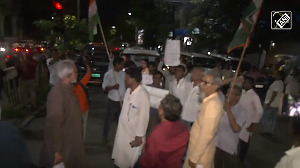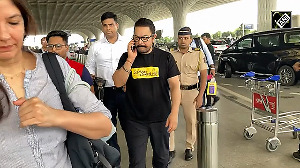The international community should counter the spread of Islamophobia partly due to "misinformation and misperceptions", participants at a United Nations counter-terrorism conference said.
The emergence of "misguided groups" that have deviated from the straight path to fanaticism, violence and extremism, attributing their acts to Islam, in no way justifies associating this phenomenon with the Islamic faith, they said during the three-day conference titled 'Terrorism: dimensions, threats and countermeasures' in Tunis.
"It profits from weak State capacity to maintain law and order," said co-chair and Tunisian culture and preservation of heritage minister Mohamed El Aziz Ben Achour.
"These vulnerable areas are exploited by terrorists to mobilise recruits and justify violence. None of the religions are a cause of political radicalism and extremism. Religious doctrine may be 'tools of mobilisation,' rather than a direct cause," he said. The conference was jointly organised by the UN's Department of Political Affairs and the Organization of the Islamic Conference.
Participants agreed that terrorism flourishes in environments where there is discontent, exclusion, humiliation, poverty, political oppression and human rights abuses, as well as in countries engaged in regional conflicts.
"Terrorism and extremism constitute a threat to peace, security and stability of all countries and peoples," said Achour.
UN Secretary-General Ban Ki-moon addressed the conference at its opening last Thursday, saying that the UN's 192 member states made history just over one year ago when they adopted the global counter-terrorism strategy as a guide for international activities to counter terrorism.
"Now we must implement the strategy in all its dimensions. By next September, when the general assembly meets to review implementation of the strategy, we must all have concrete progress to show member states, the UN system, and our key partners in regional and other organisations," he said.
Some of the issues discussed during the meet were promoting education to prevent terrorism, encouraging greater inter-faith dialogue and the role of international and specialised organisations. The conference also backed the need for measures aimed at tackling conditions conducive to terrorism, such as poverty and unemployment.
The meet, which began on November 15, was attended by nearly 200 people, representing international organisations, research institutes and civil society.





